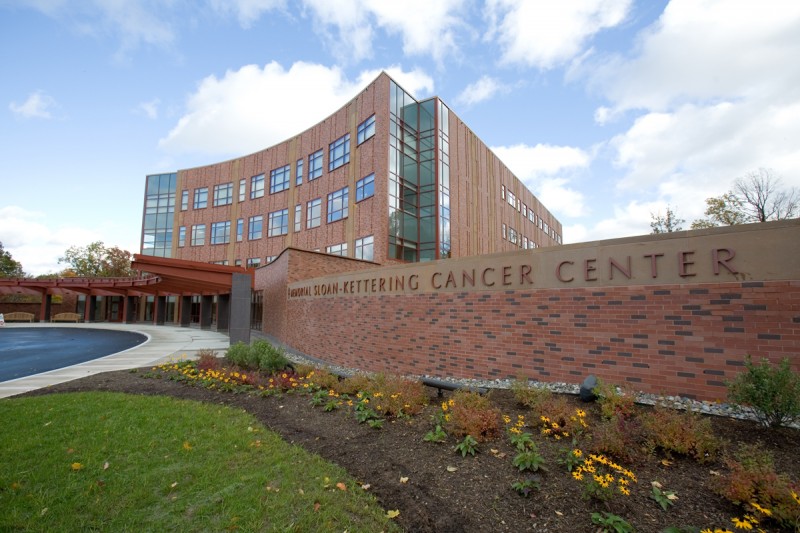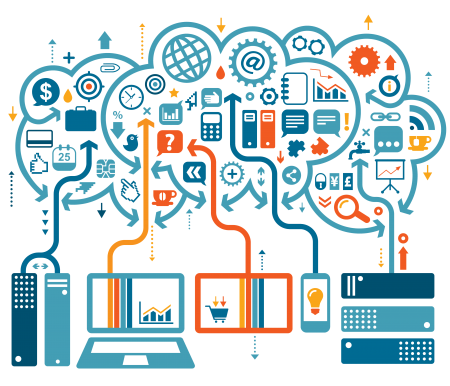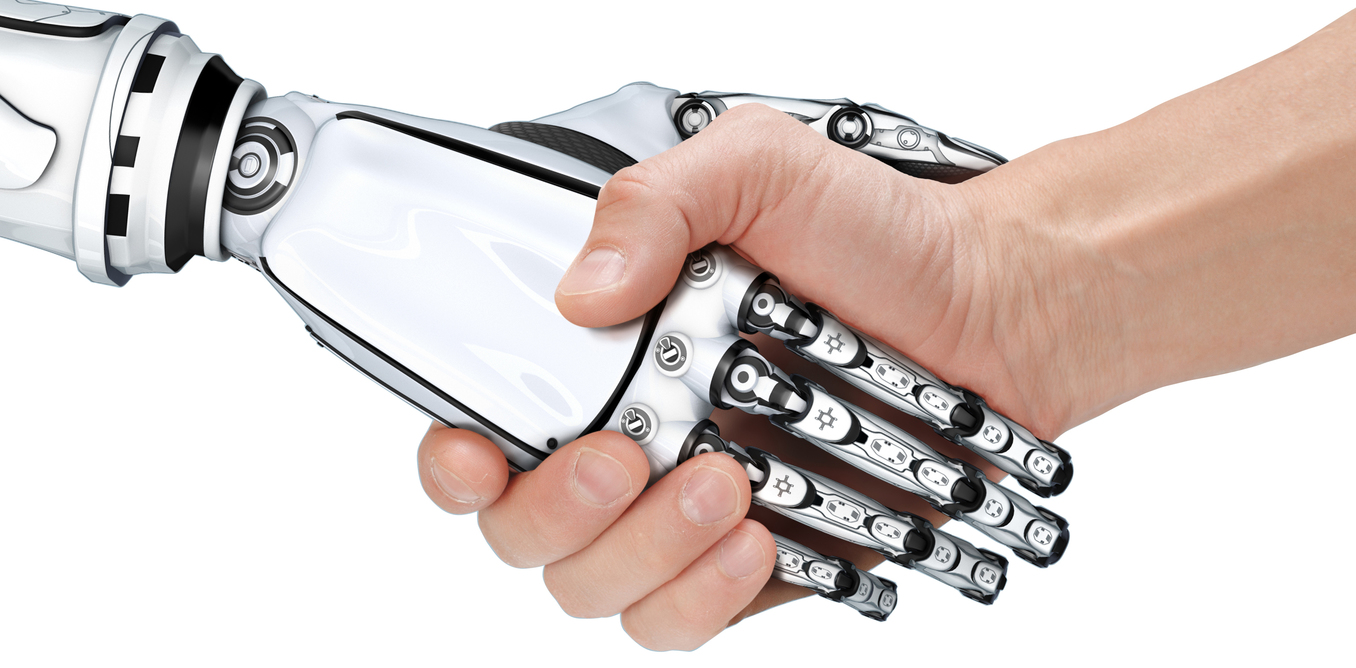
The Data Products Teamof theMemorial Sloan Kettering Cancer Centre, an institute dedicated to the treatment and research against cancer located in New York, uses all the information generated in the centre to develop technology that would help fighting the disease.
16 june 2016
Eldiario.es says that Paul May is the co-founder of the team that uses ‘big data’ to fight cancer. The Memorial Sloan Kettering Cancer Centre, an American institute focused on the treatment of the disease, is the seat of a multidisciplinary group that uses data science to make medicine more effective.
“Our mission is to transform and improve the way technology is used to research, treat and ultimately, cure cancer”, May explained to HojaDeRouter.com. The objective of this team, part of the Department of Strategy and Innovationof the centre, is creating useful software that helps the richness of the data belonging to the hospital.
Paul is responsible for identifying in what projects they are going to work and also to make sure that the software they develop has the required quality. They put ‘big data’ to work for doctors and researchers, trying to give data a real use that can make a difference for the 130,000 patients that attend the centre every year.
Currently, the team is working on projects related to clinical reseach and the ‘machine learning’, “teaching” its software how to understand the clinical essays with an unprecedented detail level. They have already been able to develop a specialised programme that was implemented in the centre.
“We discovered that it was possible to take all the information related to essays and to extract very precise groups of medical terms and of eligibility requirements in such a way that it could be possible to browse, automatically, in which essay does each patient fit”, explains May.
Thanks to this work, a doctor of this hospital can describe, in a natural language, the characteristics of a patient and the computer will show him or her automatically the studies that better suit this patient.
“We want the doctor to be able to focus on their job and the treatment of the patients. We take care of the complexity to work with data behind the scenes”, affirms.
The multidisciplinary team expedites the job of the researcher
May was working at the hospital when he realised that they could create certain tools that could contribute to change how the centre works. The data had already become a key piece of the institute thanks to Ari Caroline, data analysis chief and leader of the Department of Strategy and Innovation, to which the new team now belongs.
This department was in charge of training Watson, IBM’s supercomputer, so that it would be able to understand a cancer case and would try to replicate the decision process used by the doctors of the centre, with the objective to develop, in the future, tools that would contribute to the diagnosis.
Currently, the research team is integrated by eight people: three data scientists, three software engineers, a designer and Paul, the team chief. In the next months, they will be eleven and they expect to keep growing before the end of 2016.
Every day, the team works with doctors and researchers to find a way for data to be more useful, fluent and visual. “It should be possible that a researcher had a hunch and he or she could validate it in just a second. Data are precious raw materials, this is why we want that they are as useful as possible, in a way that doctors and researchers caninnovate as fast as their imagination allows them”, May pinpoints.
Data Scientists Demand
Looking for competent workers is the most difficult part of Paul’s jorb. “It is difficult to find people with real talent that can help our work: software engineers, data scientists and designers are highly demanded in New York. However, I believe that we have a really thrilling work to offer, a works that has real impact, so I have the confidence the team will continue to grow and that we will achieve great progress in the future”, adds.
According to Forbes Magazine the Big Data is now more important than ever. Nowadays, it is used to improve the cares, identify the risks and, as it is expected, to offer cures.
It is really useful for doctors to access the information on how thousands of people responded to a particular treatment, because they will be able to recommend their patients the one that better suits their needs. Forbes assures that a doctor will need to take into account many other factors apart from the recommendation of Watson the supercomputer, but there is no doubt that it will speed up the process.











